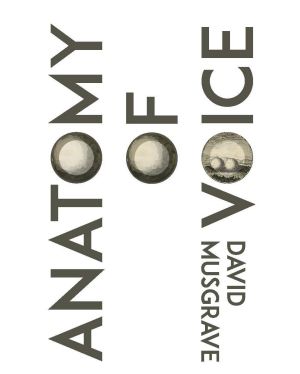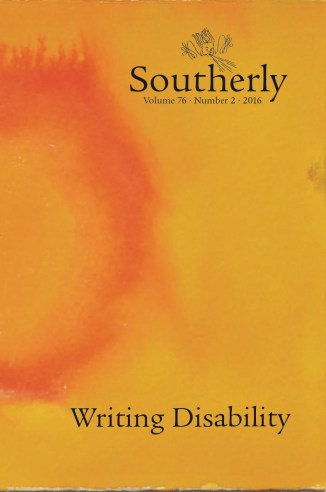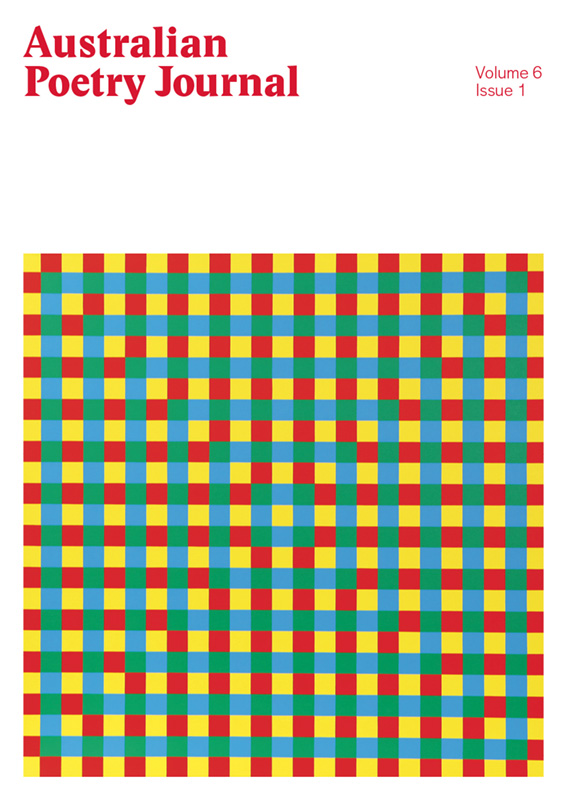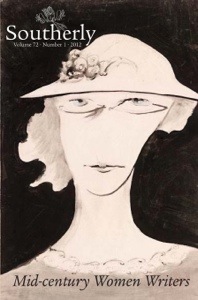David Musgrave, Anatomy of Voice (Gloria SMH Press 2016)

This book of poetry invites readers to immerse themselves in its complex playfulness. As well as the poems, beautifully laid out on the page, there are gorgeous images culled from sixteenth and seventeenth century emblem books (with notes giving the French, German and Latin verses they originally accompanied), an occasional burst of morse code (and inside front and back covers filled with tiny dots and dashes), footnotes that serve not so much to clarify as to enact the poetry’s theme, an ingenious use of showthrough (something you just can’t do in an e-book), and more. And it’s a book that grieves for a lost friend. In some ways I’m a privileged reader because I knew the man who is grieved for, though not as well as David Musgrave, so I read the book very personally.
It consists of six main parts, four ‘partitions’ of poetry, an afterword, and eleven pages of notes.
Given that so much contemporary poetry is compressed and elliptical, it’s often a good idea to start with the notes. Here, the afterword should definitely be read first: in it David Musgrave explains that the book is a personal tribute to Bill Maidment (1924–2005), who taught in the English Department at Sydney University from the 1950s to the 1980s, and was a significant mentor of Musgrave as scholar and poet.* The afterword explains the book’s genesis:
The decision to start writing about Bill’s voice arose from a number of auditory hallucinations I experienced some months after his death. From there the interrogation of that experience led inevitably to the anatomisation of the idea of what a voice is, as well as, of course, a desire to memorialise the man who had given me so much.
The First Partition is a sequence of 24 poems, each of three four-line stanzas. This is the ‘anatomisation’. It begins with an auditory hallucination:
Somewhere–––––a voice
near my mind-------not in it
but part of it------apart
and tethered by memory
and continues as a sustained, fascinating, quotable, and at times moving meditation on voice – as container of meaning, as non-human sound, as remembered part of someone who has died, and much more.
The second Partition, consisting of ten short poems accompanied by images culled from emblem books, is gorgeous to look at and hold. The poems, apart from the first, don’t easily yield their paraphrasable meanings, if such meanings exist – the verses that accompanied emblems were traditionally enigmatic. But I spent a lot of time with them, reading, in the notes, the verses that originally accompanied the emblems, and trying to figure out what is going on. Some typical lines:
Maenads, dandies, their unedited fiends
danced and tended faded anathemas.
The deadened ides of dire mendacity.
These lines do relate to the accompanying image of dancing monkeys. They are almost anagrams of each other, and are full of echoes and rhymes. Maybe their tantalising almost-coherence mimics a hallucinated voice.
But moving on: the third Partition is a kind of biography of Bill Maidment in fourteen poems, for which a prose biography in the afterword provides a useful map. In what at first reads as a humorous gimmick, there are footnotes in which Maidment, and sometimes his widow, comment on the poems (a note explains that these footnotes are quotes from articles or letters). Some of the notes expand on the narrative, others comment on the poem, as the afterword tells us the living Maidment often did on Musgrave’s poetry. It’s a very beautiful sequence, and the cumulative effect of the footnotes is to enact the central motif of the book – they are the voice of a loved one speaking to the living from beyond the grave. Still clever-dicky and comical, but also hitting a deep chord of sorrow. And that’s true of a lot of this section: I laughed out loud at times, and at others found myself brooding on all the people I have loved who have died, trying to remember their voices.
The fourth Partition consists of a single short poem addressed to the departed. I love how these lines evoke the meaning of the hallucinated voice:
--------------------------that which calls
across heavens, from room to room,
joining us through air, through love
and dividing us from silence
this gift of next-to-nothing
that we carry in our mind's heart
In a brilliant review in the most recent Southerly, Michael Sharkey spells out the book’s ‘bravura display of easy erudition’, and its relationship to Richard Burton’s Anatomy of Melancholy among other works. He describes it as ground-breaking in scope, and says he knows nothing like it in Australian poetry. I can add my less learned praise to his, and say that it’s been a while since a book of poetry has grabbed me and held me so deeply and, for all its grief, so joyfully.
* A personal note: I was lucky enough to be lectured by Bill Maidment in the early 1970s, and was enough under his spell that someone once called me a Maidmentian: I think he was referring to my inability to think one coherent thought at a time. Sometimes, when I’m trying to articulate a difficult thought, I hear myself adopting one of Bill’s mannerisms, muttering the sound that Musgrave describes as the phoneme ‘ze’.

 The term ‘disability’ covers a vast range of experience: body shapes that differ from the norm, impaired bodily function, chronic pain, chronic disease, learning difficulties, the autism spectrum, conditions labelled ‘mental illness’, combinations of those and more. Though that’s an important point, it’s also an obvious one, and perhaps only in an academic context would you invoke a French theorist to make it, as in this passage from Andy Jackson and David Brooks’ essay ‘Ramps and the Stair’ in this Southerly:
The term ‘disability’ covers a vast range of experience: body shapes that differ from the norm, impaired bodily function, chronic pain, chronic disease, learning difficulties, the autism spectrum, conditions labelled ‘mental illness’, combinations of those and more. Though that’s an important point, it’s also an obvious one, and perhaps only in an academic context would you invoke a French theorist to make it, as in this passage from Andy Jackson and David Brooks’ essay ‘Ramps and the Stair’ in this Southerly:


